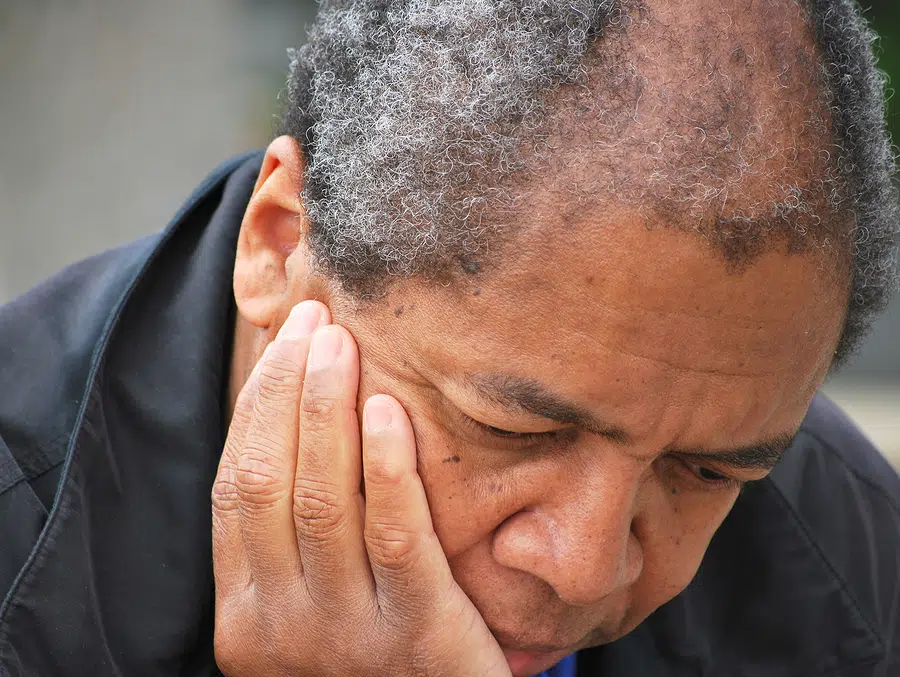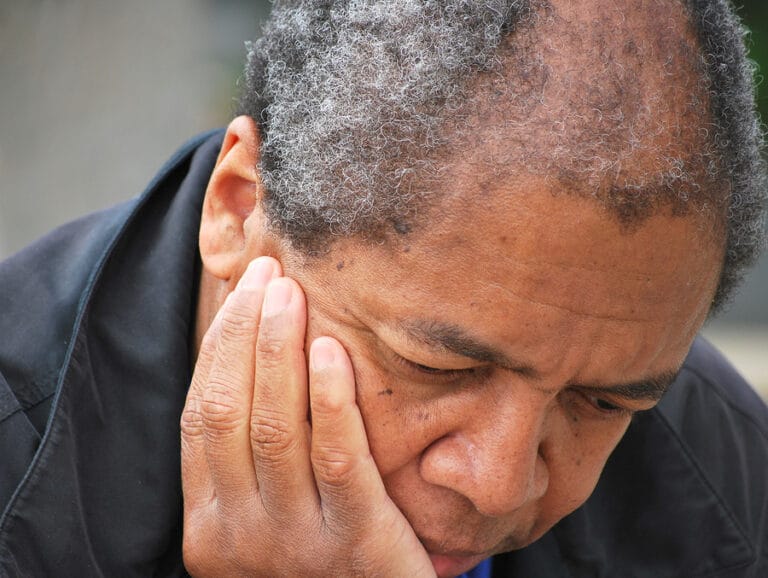Grief is a huge part of the end-of-life process for your senior. You and other family members may find that you’re feeling your elderly family member’s loss well before she passes away. Palliative care services can assist with working through this grief.
Be Prepared to Show Grief in Ways You Don’t Expect

Grief is not predictable at all. Even when you think that you understand how you’re going to be feeling and responding, the manifestations of grief can be wildly different from what you expect. There’s no right or wrong way to grieve, but there are grief responses that can be hurtful to the people around you. If you’re angry and picking fights with the people you love, that’s not healthy for anyone, including you. Crying is just as valid a response to grief as not crying. There’s no one right way to express grief.
You Can’t Ignore It
Sometimes people, especially family caregivers, try to ignore or stuff grief down so that they can just forge ahead with what needs to be handled now. That’s a logical response, but it’s not one that is helpful or healthy. Grief operates on its own timetable. That means you can’t ignore it and hope that it will allow you to deal with your feelings when you’re ready to finally feel them. If you’re not spending all your time trying to fight the grief, you may find that you can process how you’re feeling and still get the important things done. That’s even more accurate when you have help.
Grief Doesn’t Expire at a Set Time
The flip side of grief not operating on your timetable is that it doesn’t expire when you think it should. You might have a general feeling that grief should only be an issue for a set amount of months or that by the first anniversary of your senior’s passing, you’re “recovered.” It doesn’t really work that way, though. Many people find that grief eases in certain ways over time, while remaining sharp in others. It’s a process.
There’s Help from Palliative Care in Dealing with Grief
It can feel like you’re all alone in dealing with your grief. To an extent, only you can process the emotions you’re experiencing. But that doesn’t mean you have to do it completely without assistance. This is another way that palliative care can help your senior, you, and your entire family. Bereavement assistance can help you with anticipatory grief before your aging family member passes away and with the grief of her actual passing as well.
This may well be more difficult than you expect, so try to take care of yourself while you’re taking care of others.


